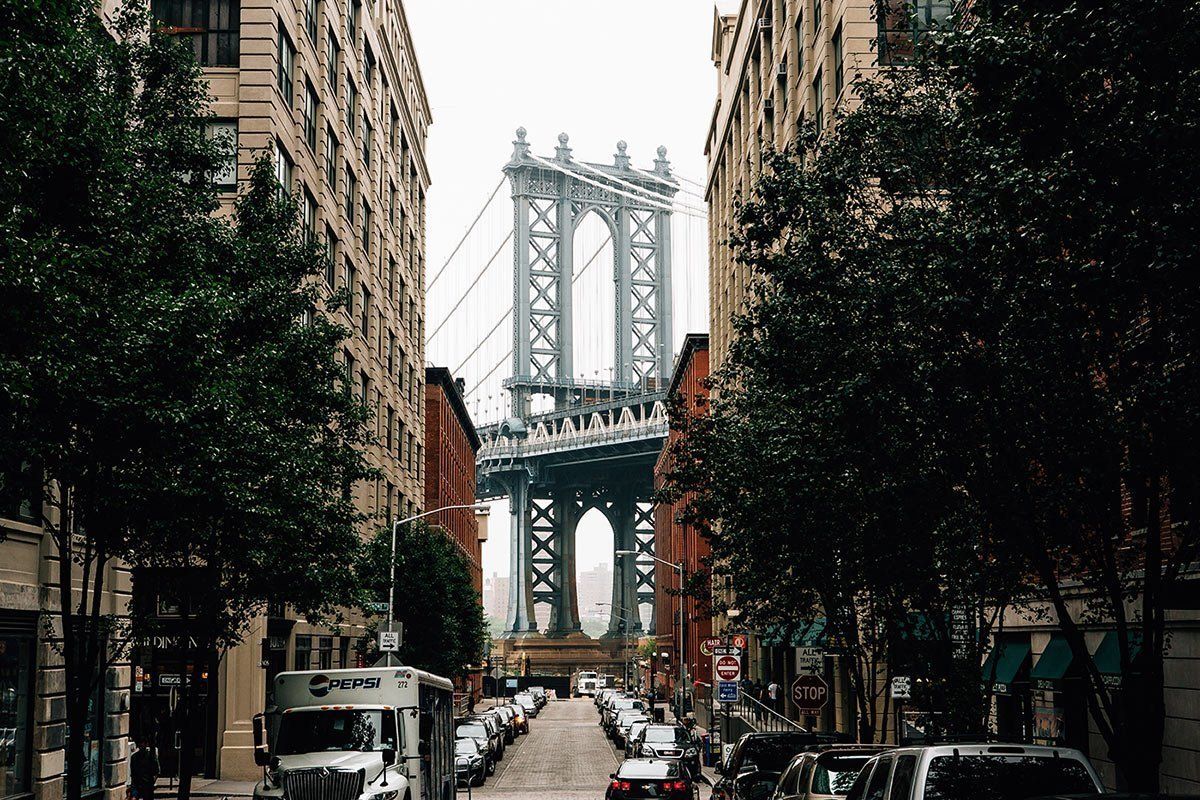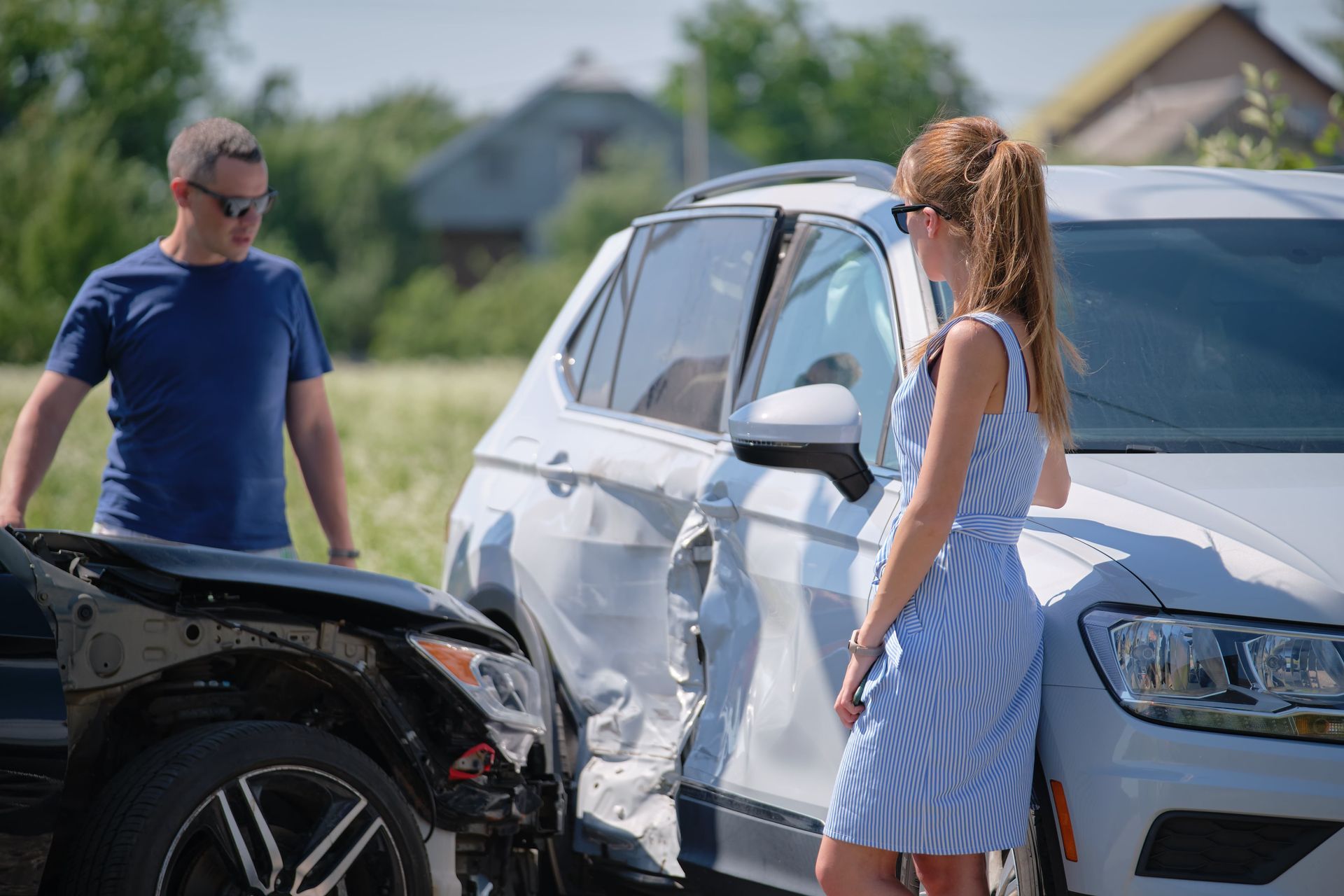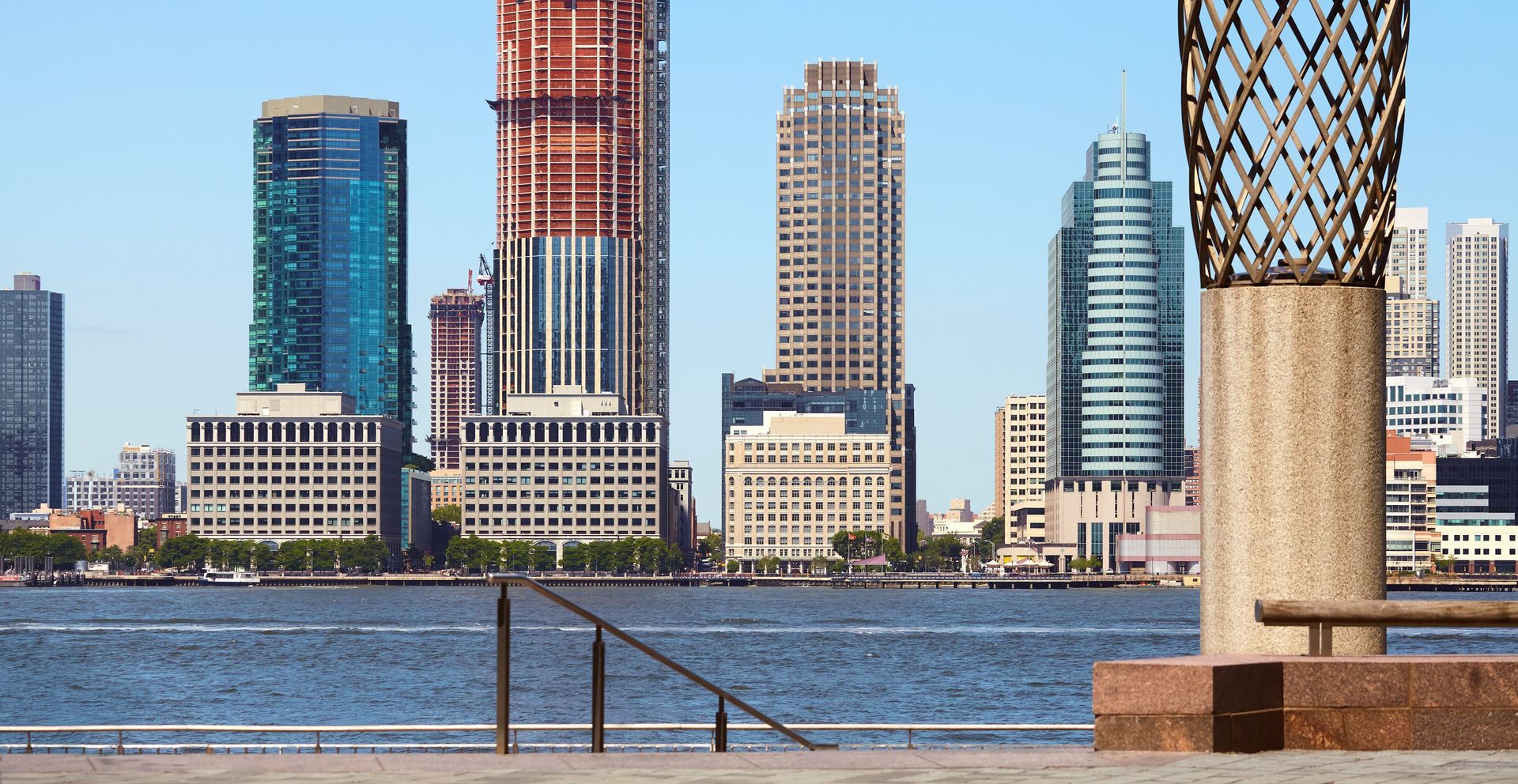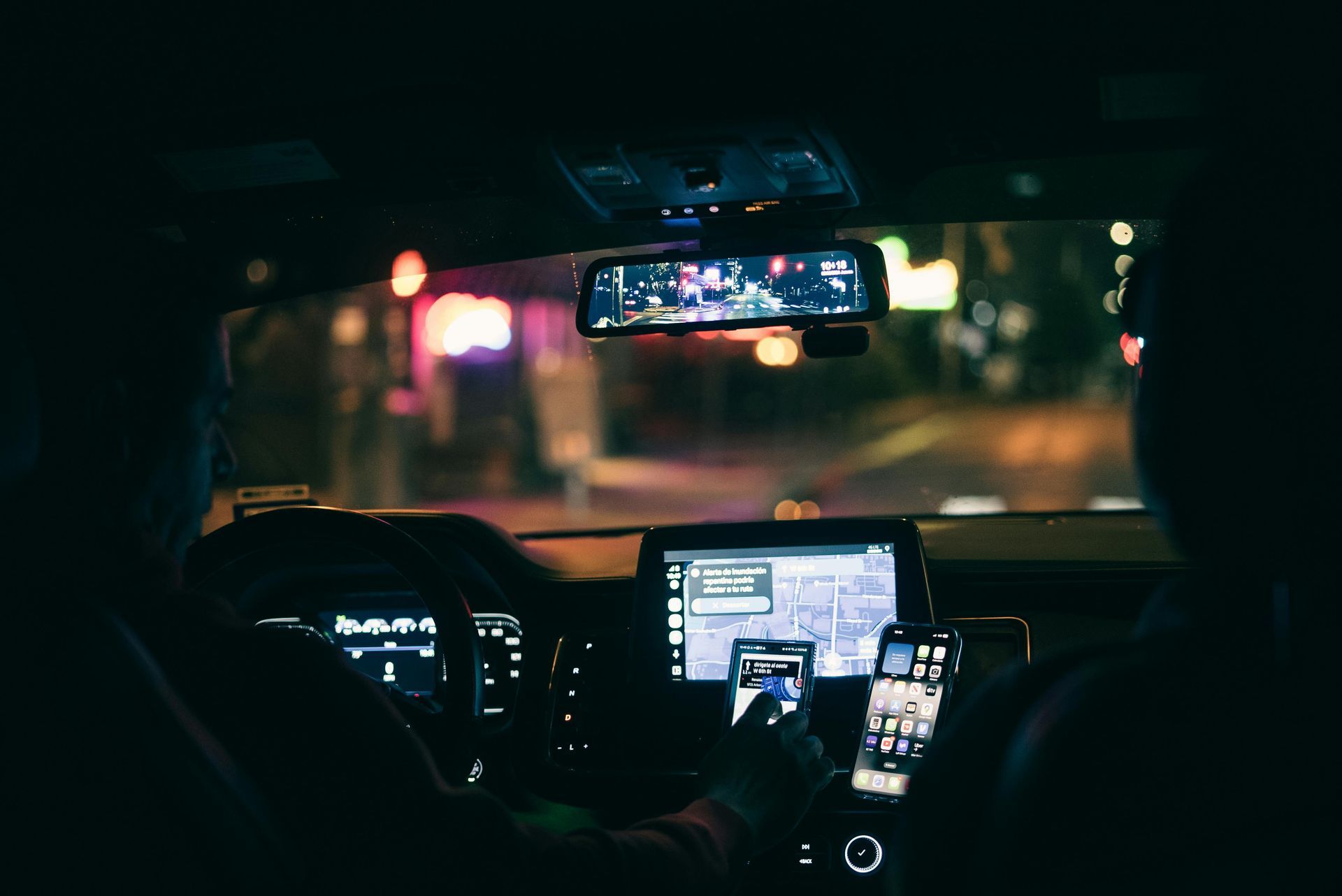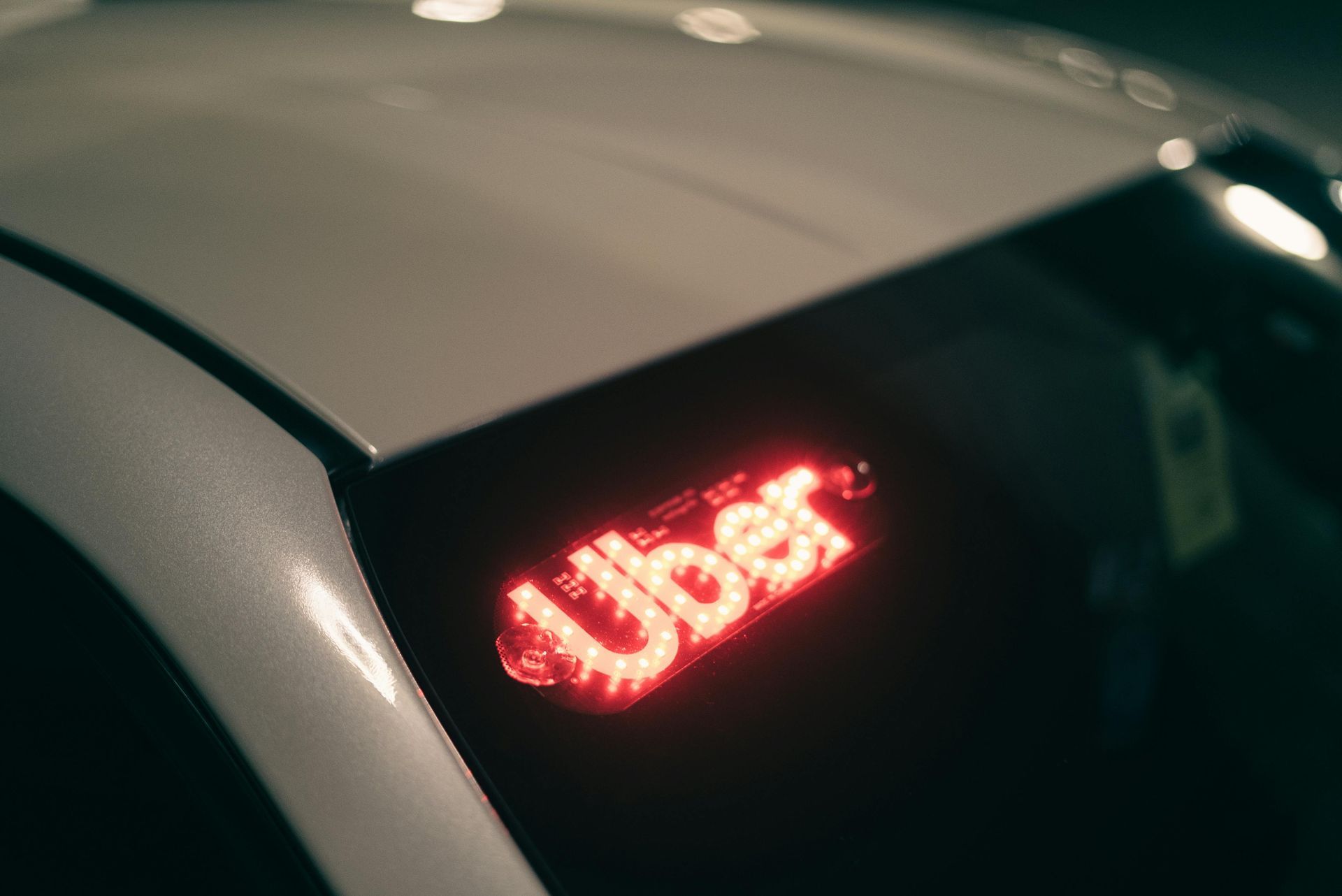Airbnb Injury: Suing Your Way to Recovery
Airbnb Injury: Suing Your Way to Recovery (A More Detailed Look)
Getting injured on an Airbnb trip can be a nightmare. Beyond the physical pain, medical bills, and lost wages, there's the frustration of feeling like your vacation turned into a disaster zone. But here's the good news: you might have legal options. This article delves deeper into suing after an Airbnb injury, exploring potential targets and maximizing your compensation.
Holding the Host Accountable: Proving Negligence
To sue the Airbnb host successfully, you need to establish negligence. Here's what that entails:
- Duty of Care: The host has a legal obligation to provide a reasonably safe environment for guests. This includes maintaining the property, addressing known hazards, and properly disclosing any potential dangers in the listing.
- Breach of Duty: The host failed to uphold their duty of care. This could involve neglecting to fix a broken handrail, failing to warn about a malfunctioning appliance, or having a hidden tripping hazard.
- Causation: The unsafe condition directly caused your injury. For instance, a broken step led to a fall and broken leg.
- Damages: You suffered harm due to the injury, such as medical expenses, lost income, pain and suffering.
Evidence is Key
Building a strong negligence case hinges on solid evidence. Here's what to gather:
- Detailed Photos: Document the unsafe condition that caused your injury from multiple angles.
- Medical Records: Maintain copies of all medical bills, doctor's reports, and any prescriptions related to the injury.
- Witness Statements: If anyone witnessed the accident, obtain written statements detailing what they saw.
- Airbnb Communication: Keep a record of all communication with the host regarding the incident.
Beyond the Host: Exploring Third-Party Liability
Sometimes, the host might not be solely responsible. Here are other parties you might consider including in your lawsuit:
- Cleaning Services: If your injury resulted from an improperly cleaned floor or unsecured cleaning chemicals, the cleaning service might share liability.
- Repair Companies: Faulty repairs by a plumber, electrician, or other contractor could be grounds for including them in the lawsuit.
- Product Manufacturers: If a defective product in the rental caused your injury (e.g., faulty pool equipment), you could potentially sue the manufacturer.
Airbnb's Host Protection Insurance: A Potential Buffer
Most Airbnb hosts carry Host Protection Insurance, which can offer some financial relief. This insurance typically covers up to $1 million in liability for accidental injuries related to the property. However, it's important to understand the policy's limitations. Consulting a lawyer can help you navigate the details of the insurance coverage.
The Airbnb TOS: A Potential Hurdle
Airbnb's Terms of Service (TOS) might limit your ability to sue them directly. These terms often require guests to go through arbitration before resorting to litigation. A lawyer can advise you on navigating the TOS and determining the best legal path forward.
Don't Go It Alone: Consulting a Personal Injury Lawyer
The legal landscape surrounding Airbnb injuries can be complex. John Onal personal injury lawyer experienced in these cases can be invaluable. Wecan:
- Evaluate Your Case: Assess the strength of your claim and potential damages.
- Gather Evidence: Help you obtain necessary documentation and witness statements.
- Navigate the Legal Process: Handle negotiations with the host's insurance company or represent you in court.
Remember: This is for informational purposes only and doesn't constitute legal advice. For a comprehensive understanding of your rights and legal options, consulting a lawyer in your area is crucial.


